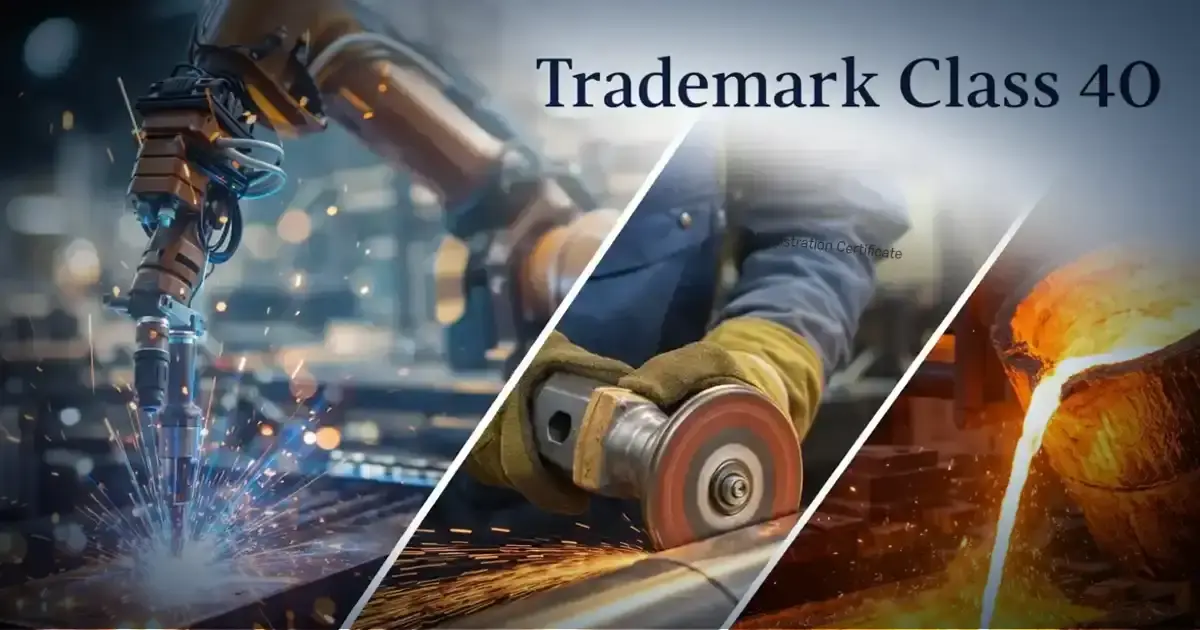The Bureau of Indian Standards (BIS), formed under the BIS Act 2016, is India’s national authority that sets and enforces standards to ensure products are safe, reliable, and of high quality. By providing third-party certification, BIS ensures that goods meet the prescribed Indian Standards, thereby safeguarding public health and protecting consumers from hazardous or substandard products.
According to a report by MechAnalytic Group, as of 2023, over 900 product categories in India require BIS certification. In total, the BIS has issued more than 50,000 certifications to manufacturers across various industrial sectors.
BIS certification services in Visakhapatnam serve as a trusted mark of quality for a wide range of goods, including electronics, consumer products, construction materials, and food items. Through schemes like the ISI Mark and Compulsory Registration Scheme (CRS), products undergo rigorous testing in BIS-recognized laboratories, and manufacturer facilities are audited to confirm compliance with national standards.
Why Your Products Need BIS Certification in Visakhapatnam: Safety, Quality, and Market Access?
BIS Certification is critical for your products for three main reasons:
- Safety and Consumer Protection: The primary goal of BIS certification is to protect consumers from hazardous, substandard, or counterfeit products. By ensuring a product meets a specific Indian Standard, it guarantees a certain level of safety and reliability. For example, certified electrical appliances are tested to prevent hazards like electric shocks or fires.
- Quality Assurance: For businesses, BIS certification is an external validation of a product's quality. It indicates that the product has been manufactured using an approved process and conforms to a set of defined quality parameters. This can lead to reduced product recalls, fewer customer complaints, and a stronger brand reputation.
- Market Access and Legal Compliance: BIS mandates certification for numerous products, particularly those related to health, safety, and infrastructure, before businesses can legally sell them in India. Without this certification, a company cannot sell or distribute these products in the Indian market, facing legal penalties and a business shutdown. These include items like cement, steel, tires, and certain electronic goods.











